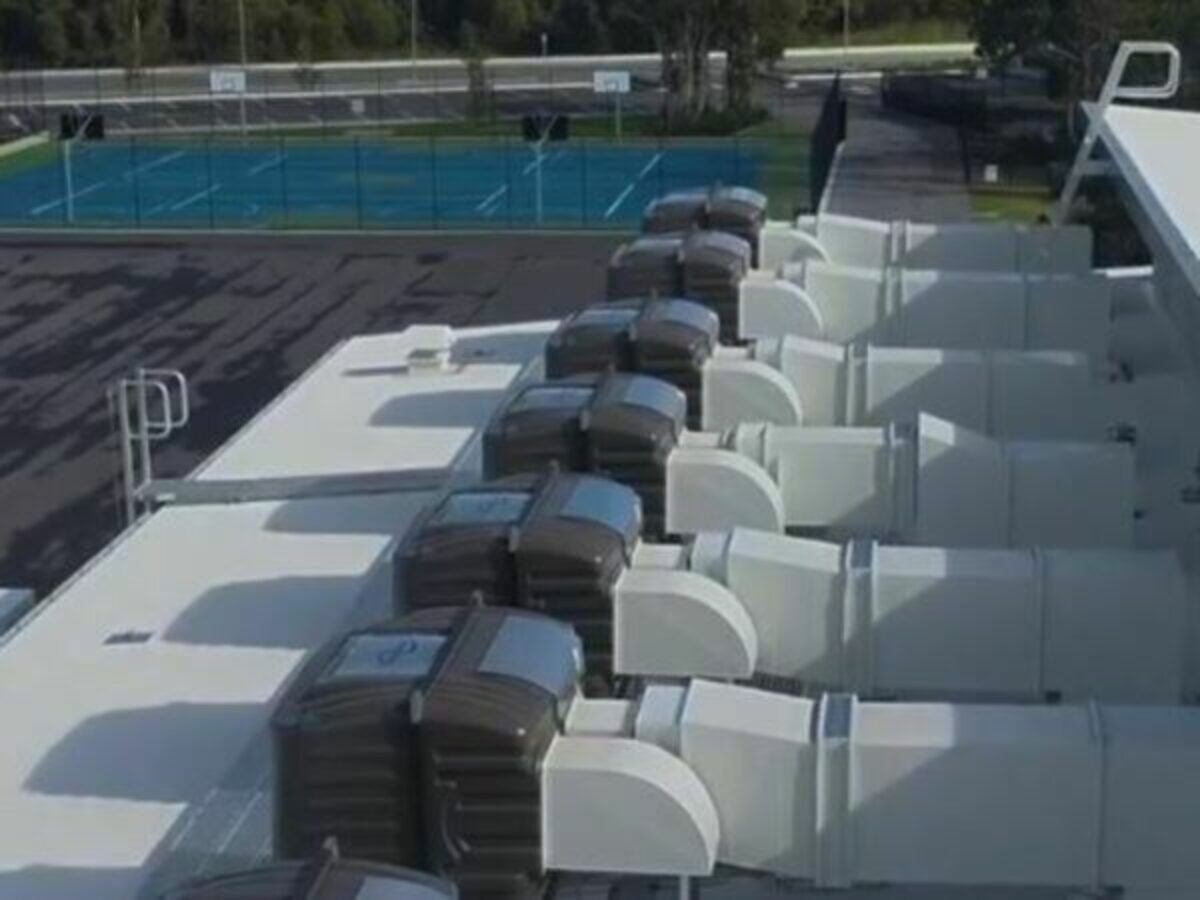Seeley evaporative cooling for middle eastern agriculture – study

Evaporative cooling technology developed by Adelaide’s Seeley International could allow the further development of agriculture in the Middle East, according to a new study.
Agro-Engineer Jansher Salahuddeen revealed his study into Seeley’s Climate Wizard technology on social media as a possible answer to the challenge of growing greenhouse crops in the Middle East in summer months when temperatures soar to 45+ degrees Celsius.
“The intense heat has posed a significant challenge, limiting the potential of greenhouses to deliver on their promise of enhancing food security in Oman, where I am currently based.
“However, after extensive research and exploration, I believe I’ve found a ground-breaking solution.”
Salahuddeen said Unicorn International & Farm Tech Consultancy had explored various cooling technologies, with most requiring either high capital investment or high energy cost.
However Indirect Evaporative Cooling (IDEC) technology from Seeley was able to cool to dew point temperatures, unlike traditional Direct Evaporative Cooling (DEC) commonly used in greenhouses which only reach wet bulb temperatures.
Salahuddeen said: “To put this into perspective, if the ambient temperature is 50 degrees Celsius with 10% humidity, DEC systems can only reduce the temperature to 24 degrees Celsius.
“In contrast, IDEC systems can achieve an impressive 10 degrees Celsius.
“This represents a significant breakthrough.
“Additionally, the operational cost of IDEC is similar to DEC, but with a crucial advantage: IDEC does not increase humidity while cooling.”
Seeley was a pioneer of traditional evaporative cooling in the 1960s and has developed Climate Wizard which is based on a PVC pad made up of a series of alternating wet channels and dry channels.
Hot air from the outside is blown in through the dry channels, a portion of the air is supplied to the building, and the rest is returned to the air through the wet channels, where the evaporative cooling process takes place.
The original $2.6 million project to develop Climate Wizard was supported by the Advanced Manufacturing Growth Centre through a $1 million grant.
Salahuddeen said his team had designed a greenhouse farm that will leverage this technology to grow winter crops like berries and leafy greens.
“I believe this research has the potential to revolutionise greenhouse farming in the GCC.
“With the ability to deliver cooling at 10 degrees Celsius even when the outside temperature reaches 50 degrees Celsius, and at 80% less operational cost compared to refrigerant-based systems, we are on the brink of a transformative shift in agricultural practices.”
Salahuddeen does not appear to be connected to Seeley International.
Further reading
Seeley to expand air conditioning manufacturing
Picture: Seeley International/Picture: rooftop mounted Climate Wizard systems in Australia
@aumanufacturing Sections
Analysis and Commentary Awards Defence Manufacturing News Podcast Technology Videos









